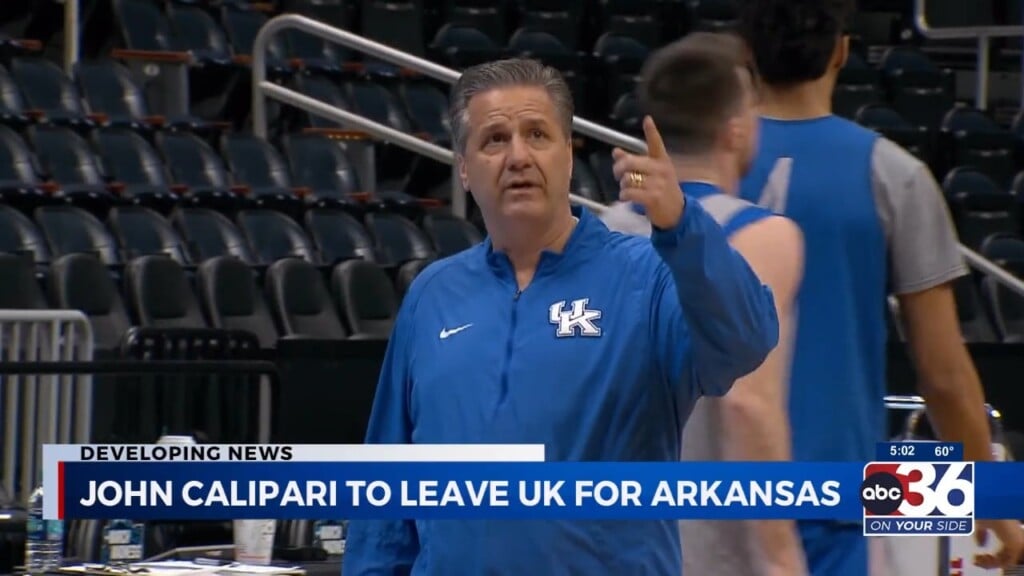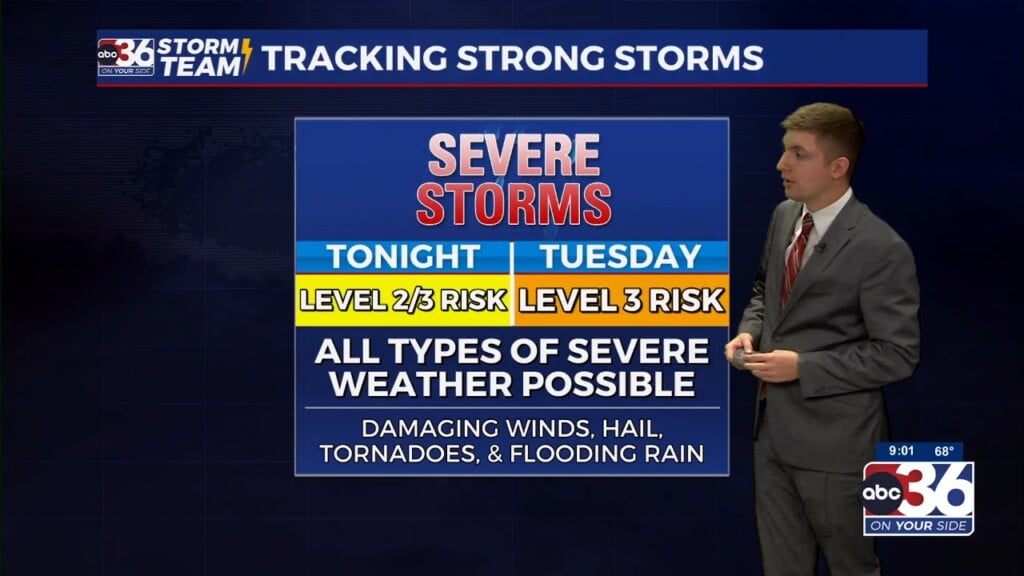The Latest: NATO to back countries battling extremism
WARSAW, Poland (AP) — The Latest on the NATO Summit in Warsaw (all times local):
3:10 p.m.
NATO leaders have agreed to do more to support countries in North Africa and Middle East that are prey to violent Islamic extremism.
Alliance Secretary-General Jens Stoltenberg said Saturday NATO will start a training and capacity-building mission for Iraqi armed forces in Iraq, provide assistance for Jordan, and establish a new intelligence center in Tunisia to help that country’s special operations forces.
Stoltenberg said NATO leaders at the summit in Warsaw also agreed in principle for alliance surveillance aircraft to provide direct support to the U.S.-led coalition fighting the Islamic State group in Syria and Iraq. NATO diplomats say they expect the flights to begin this fall.
He said NATO will also launch a new maritime operation in the Mediterranean, Operation Sea Guardian, and cooperate closely with the European Union’s efforts to halt human smuggling operations that have fueled Europe’s greatest migrant crisis since World War II.
___
2.50 p.m.
A few hundred anti-NATO activists have protested in Warsaw against the decision by the alliance to deploy troops on NATO’s eastern flank.
The protesters marched in downtown Warsaw on the second day of the NATO summit in the city, carrying banners reading “Stop NATO” and chanting “NATO get out of here.”
The summit has decided to boost NATO’s deterrence in response to Russia’s annexation of Crimea and support for rebels in eastern Ukraine.
Some protesters carried long loafs of bread Saturday and chanted “money for the hungry not for tanks.”
A separate group of pro-democracy campaigners gathered in a downtown square for a ceremony in which the square was named after Martin Luther King, a U.S. human rights activist and Nobel Peace Prize winner, who was assassinated in 1968.
The gathering was organized by Poland’s anti-government Committee for the Defense of Democracy.
___
2.45 p.m.
NATO Secretary-General Jens Stoltenberg says that the next NATO summit will be held in Brussels in 2017.
The NATO leader made the announcement on Saturday at a summit being held in Warsaw.
Stoltenberg said the summit will be held at the revamped NATO headquarters in Brussels, where the Western military alliance is headquartered, which will be ready in 2017.
___
2.30 p.m.
Lithuanian Foreign Minister Linas Linkevicius says he’s not surprised that Mikhail Gorbachev is accusing NATO of escalating tensions with Russia, but insists the former Soviet leader is simply wrong.
Gorbachev, who was Soviet president when the Cold War ended, accused NATO on Saturday of escalating tensions with Russia at a summit in Warsaw where the Western alliance has finalized plans to deploy four battalions to its eastern flank as deterrence against Russia.
Linkevicius said that kind of language from Gorbachev “was expected” but argued that NATO, in building up its forces in the east, is merely “reacting to aggressive behavior” of the Russians.
He also said Russia’s own military buildup far exceeds in both numbers and intensity what NATO is doing.
“The Russians are very creative in mixing up the consequences and the reasons,” he said. “We are used to these methods.”
Linkevicius said the NATO plan to deploy a German-led battalion to his nation was reassuring given Russian aggression in Ukraine, even though it’s only a force of about 1,000.
___
2 p.m.
NATO allies have agreed to maintain a stable military presence in Afghanistan, bolstered by President Barack Obama’s decision to make a smaller cut in U.S. troop levels than he had planned.
Obama has been urging NATO leaders gathered in Warsaw to expand their support for the war against the Taliban.
NATO Secretary-General Jens Stoltenberg said the allies also made commitments to continue to fund the Afghan security forces through 2020, and are “close to” the needed $5 billion per year.
The U.S. has pledged to provide $3.5 billion annually to fund Afghan forces, and the government in Kabul is expected to contribute as much as $500 million. Allies would provide the remaining $1 billion. The funding would maintain a total of 352,000 Afghan Army troops and police officers.
Stoltenberg said it’s too soon to say exactly how many troops allies will agree to keep in Afghanistan but he believes force levels will remain largely stable at about 12,000.
___
12:25 p.m.
The Belgian foreign minister says his nation will provide at least 150 soldiers to a new multinational NATO battalion based in Lithuania.
NATO leaders formalized an agreement at a NATO summit in Warsaw to create four battalions of about 1,000 soldiers each to be deployed to the Western alliance’s eastern flank.
Belgian Foreign Minister Didier Reynders says Saturday all the Benelux countries would be “very active in the region.” But he also stressed the need “keep an open dialogue with Russia, because we need to talk about Syria and Iraq.”
The new plan will see NATO forces deployed on a rotational basis for the first time to a swath of eastern Europe that was part of the Soviet bloc during the Cold War, angering Russia. Germany will lead a multinational battalion in Lithuania, with similar battalions to be led by the United States in Poland, Britain in Estonia, and Canada in Latvia.
___
11:55 a.m.
Mikhail Gorbachev, whose time as Soviet president saw the Cold War end, has strongly criticized NATO for escalating tensions with Russia in the alliance’s summit this week.
NATO’s leaders on Friday announced at the summit in Warsaw plans to beef up alliance forces in Poland, Lithuania, Latvia and Estonia, all of which border Russia. Moscow earlier this this year said it would put more troops along its western borders, including two new divisions.
Gorbachev was quoted as saying Saturday by the Interfax news agency that “NATO has begun preparations for escalating from the Cold War into a hot one.”
He says “all the rhetoric in Warsaw just yells of a desire almost to declare war on Russia. They only talk about defense, but actually are preparing for offensive operations.”
___
11:20 a.m.
Poland’s foreign minister says NATO is open to Ukraine’s ambition to join the military alliance but any talks will be possible only after the conflict between Russia and Ukraine is solved.
Minister Witold Waszczykowski spoke Saturday at the start of the second day of a NATO summit in Warsaw.
In its key decision, the meeting has boosted the alliance’s defenses on its eastern flank, where nations are nervous about their security after Russia seized Crimea from Ukraine and supports separatists in eastern Ukraine.
The NATO agenda on Saturday includes a meeting between the leaders of the 28 NATO member nations and Ukraine’s President Petro Poroshenko, who has been invited as a guest.
Waszczykowski say as a political climate is building in Ukraine in favor of becoming a NATO member in the future. He also said another country, Georgia, is “eligible and is ready” to join NATO and the decision depends on the “will and the determination on our part.”
___
10:50 a.m.
Over dinner, NATO leaders gave a glum assessment of Russia’s geopolitical intentions, a NATO official says, agreeing that Moscow “is likely to exploit any vulnerability” in the Western Balkans, Moldova and Ukraine.
The official, who was not authorized to make public remarks and spoke on condition of anonymity, says President Barack Obama and the other alliance leaders agreed during their Friday evening discussion that they need to maintain “a firm and united stance” on Russia and that Moscow “has to deliver” on its commitments under the Minsk agreements designed to stop the fighting in eastern Ukraine.
One particular focus of the NATO leaders during dinner was the Western Balkans and the independent nations that once were part of Yugoslavia, like Macedonia.
— John-Thor Dahlburg
___
9:30 a.m.
U.S. President Barack Obama and other NATO leaders have begun the second day of a summit meeting in Warsaw that’s expected to lead to decisions about Afghanistan, the central Mediterranean and Iraq.
On Friday, leaders approved the deployment of four multinational NATO battalions to Poland and the Baltic states to deter Russia, as well as a Romanian-Bulgarian brigade for the Black Sea region.
The Warsaw summit, NATO’s first in two years, is considered by many to be the alliance’s most important since the Cold War.
NATO Secretary-General Jens Stoltenberg says NATO needs to adapt to confront an array of new threats to its member nations’ security, including cyberattacks and violent extremism generated by radical Muslim organizations like the Islamic State group.




Leave a Reply